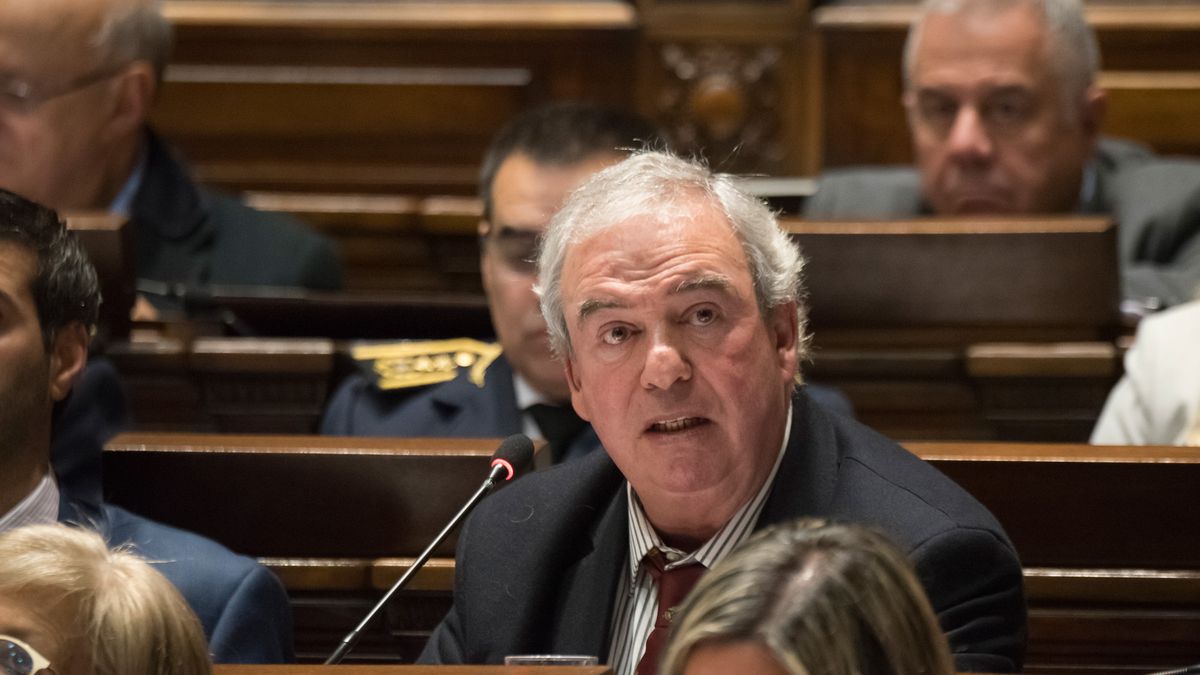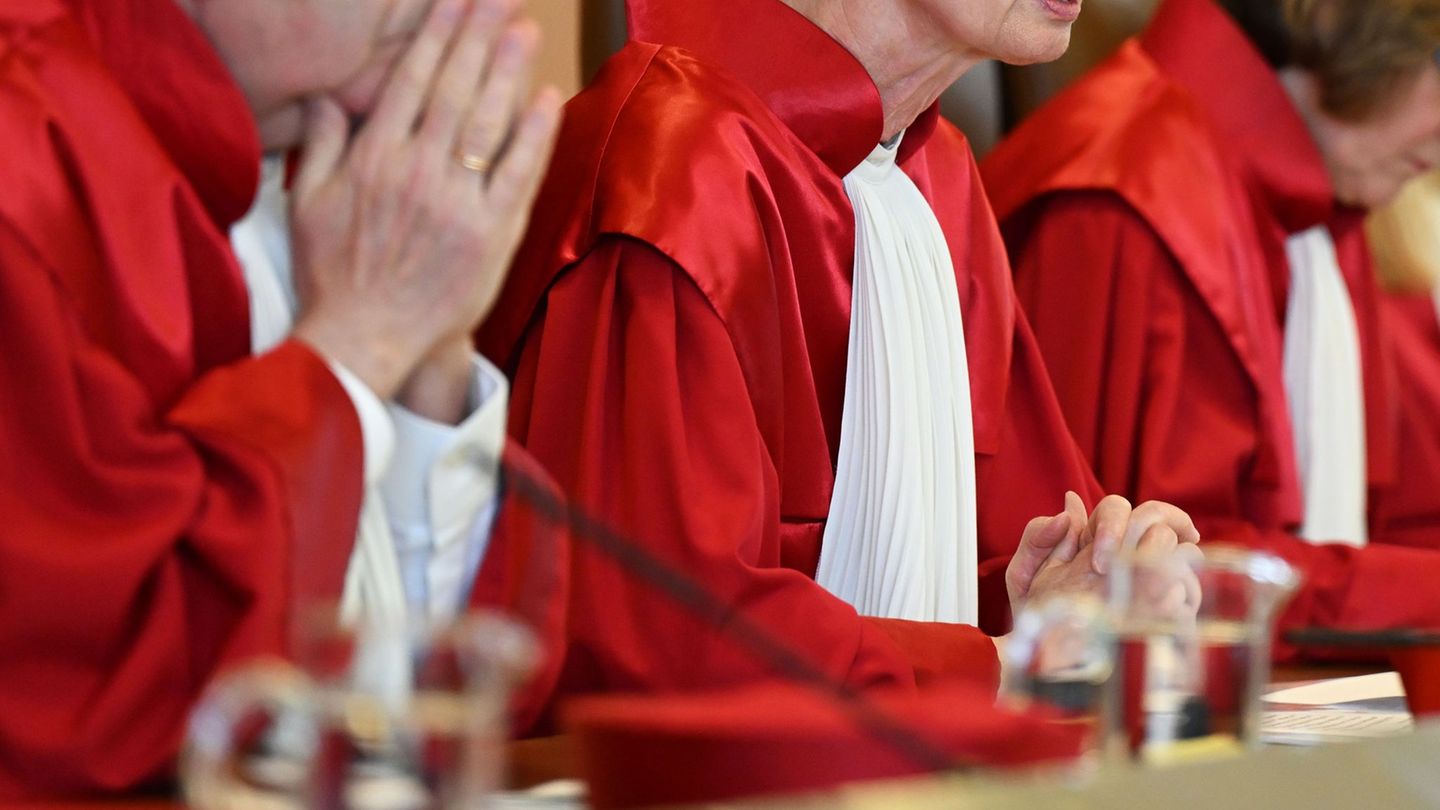The Ministry of the Interior, Luis Alberto Heberwill be presented this Tuesday at the High camera of the Parliament to appear and be able to give explanations about the case of the former senator Gustavo Penadéscharged with 22 sexual crimes.
Last Sunday, the Minister of the Interior asked the vice president to be received by the Senate to be able to provide the relevant explanations, while the Wide Front I was evaluating whether or not to call him for questioning. After the request, the Senate unanimously approved this Tuesday morning to receive in General Commission to the hierarch.
According to estimates of the white senator Jorge Gandinithe minister seeks to provide details about the accusation of the former director of the penitentiary unit Santiago Vázquez, Carlos Tarocoidentified as one of the facilitators of information reserved to Gustavo Penadés.
The interpellation does not yet have a date
Last Monday, the Broad Front (FA) resolved to question the Minister of the Interior who will base it on the participation of police officials in the plot that the former senator conceived to hinder the case being carried out by the Sexual Crimes prosecutor, Alicia Ghione. However, the questioning by the opposition still has no date.
The FA senator, José Carlos Mahíaassured through his X account (formerly Twitter) that “the minister will be questioned for a series of actions over time” that also include the case of the Uruguayan drug trafficker Sebastian Marsetand in the case of the former presidential custodian, Alejandro Astesiano.
Would the questioning have the support of the National Party?
The senator of National Party, Graciela Bianchiassured the press that the coalition is in constant communication with the minister, who assured that he has no problem being called for questioning.
“We spoke personally with Heber from the first moment: ‘Do what you want, I don’t care in interpellation or general commission regime,'” Bianchi detailed about the dialogue with Heber.
However, the senator assured that from the point of view institutionality The general commission regime was better” because he is a government minister, although they have “no problem voting on the interpellation.” For this reason, he assured that they would have no problem voting on an interpellation presented by the opposition, although he recalled that the Wide Front has the necessary third of legislators to approve it, as established by the Constitution.
Unlike the regime of General Commission – which has no political consequences –, the interpellation allows the opposition to request a motion of censure with the intention of asking for resignation in charge for the minister.
Source: Ambito




